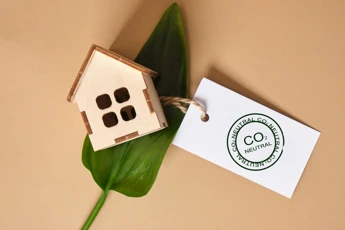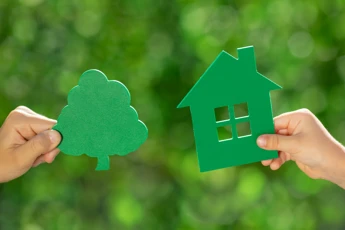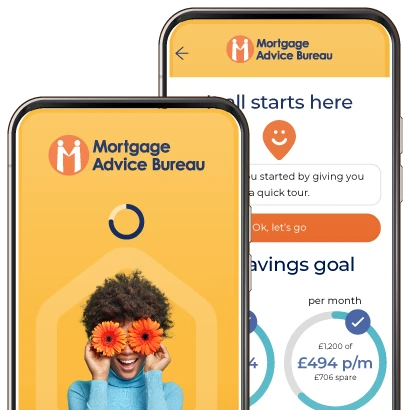Written by: Karina Gerdes - Group Head of Sustainability
In 2013, the UK conducted its first large-scale empirical study on the effect of an EPC (Energy Performance Certificate) rating on the value of a property. This report suggested that there was a correlation between good EPC ratings and the value of a property per square metre. They noted that properties with an EPC rating of A or B sold for at least 14% more than their counterparts1.
A lot has changed since then. Is it still fair to say that your EPC rating impacts the value of your property?
What is an EPC?
An Energy Performance Certificate rates your property on a scale from A to G, with A being the highest and most energy efficient.
You need a valid certificate if you’re selling or renting a property, as they’re an important part of understanding how much you could expect to pay on your property’s energy bills.
The impact of your EPC rating
There have been some interesting stats stating that around 71% of homebuyers consider a home’s EPC rating an important part of their decision-making, with many noting they would pay more for a home with a good EPC rating. Furthermore, around 59% of homebuyers are willing to pay more for a property where at least 75% of its energy comes from renewable sources2.
With the current cost of energy, this may not be all that surprising.
Does a high EPC rating change the value of your property?
With the above in mind, it’s safe to say that your EPC rating could affect the value of your property, but does it still fall within the 14% increase that the government previously outlined?
Knight Frank compared the EPC certificates of 30,000 properties with an improved energy performance over a five-year period, looking at both pre and post improvements3.
They estimated that taking a property from band D to a C could cost around £5,500, with the national average almost doubling for properties currently at an F or G. This tells us that there need to be incentives to making these changes, which often come in the form of increased property value.
Their analysis states that you might see the following increases in home value by improving your EPC:
Moving from a D to a C could add 3% value over and above local house price growth (around £9,000 based on average resale figures)
Moving two bands up (for example, an E to a C) could increase your value by 8.8% (around £29,000)
Improving your EPC from an F or G to a C could add 19.6% in value (about £64,400)
What you can do about it
Finding the extra cash right now for major home improvements may feel overwhelming, but there are some easy things you can do if you’re looking for a handful of quick wins. We’ve put together an article to help you improve your EPC rating, so check that out for further advice.
You could also consider remortgaging your property to release the equity needed to make such improvements, but this must come with the right considerations, as you want to do what’s best for your home and budget.
Chat with one of our mortgage advisers today about your options and the steps you could take to improve your EPC rating and potentially increase your property value.
You don’t need a minimum EPC rating to sell a property, but you must get your property EPC rated by an accredited assessor if it hasn’t been already.
EPC ratings range from G (the worst) to A (the best). A rating of D is the median rating in England and Wales.
The worst EPC rating a property can receive is G.
It is possible that lenders may decline your mortgage application if the EPC rating of the property is too low. This is especially the case if you are purchasing the property on a buy-to-let mortgage, as the legal minimum EPC rating for a rental property is E.
Important information
Your home may be repossessed if you do not keep up repayments on your mortgage.
There may be a fee for mortgage advice. The actual amount you pay will depend on your circumstances. The fee is up to 1% but a typical fee is 0.3% of the amount borrowed.







